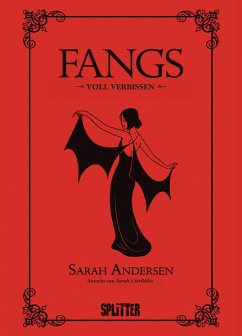
I started receiving late-night calls and had to change my number, and I got the distinct impression that the alt-right wanted a public meltdown.Īt one point, someone appeared to have made a typeface, or a font, out of my handwriting. I received outraged messages and had to contact my publisher to make my stance against this ultraclear. Through the bombardment of my social media with these images, the alt-right created a shadow version of me, a version that advocated neo-Nazi ideology. The ways my images were altered were crude, but a few were convincing. The images proliferated online, with sites like Twitter and Reddit rarely taking them down. People on the forum began reproducing my work and editing it to reflect violently racist messages advocating genocide and Holocaust denial, complete with swastikas and the introduction of people getting pushed into ovens.


I am a woman, the messaging in the comics is feminist leaning, and importantly, the simplicity of my work makes it easy to edit and mimic. There was no particular incident that prompted the harassment, but in hindsight, I was a typical target for such groups. In late 2016, I caught the eye of someone on the 4chan board /pol/. To have found this way of communicating with others and to make it my work was, and remains, among the greatest gifts and privileges of my life.īut the attention was not all positive. My first comic to reach a sizable audience was about simply not wanting to get up in the morning, and it was met with a chorus of “this is so me.” I felt as if I had my finger on the pulse of the collective underdog. I had hoped, at most, for a small, niche following, but to my elation, I had viral success. The jokes were less punchline-oriented and more of a question: Do you feel this way too? I wrote about the small daily struggles of missed clock alarms, ill-fitting clothes and cringe-worthy moments. At the time, the comics were overtly simple, often drawn shakily in Microsoft Paint or poorly scanned sketchbook pages. I started my webcomic back in 2011, before “relatable” humor was as ubiquitous online as it is today.

But surely, I believed, I could not be the only one who felt that life was mostly an uphill battle of difficult moments and missed social cues. The glittering veneer of social media, which back then was mostly Facebook, told me that everyone around me had their lives together while I felt like a withering ball of mediocrity. I felt a little awkward, a little displaced. At 19, when I began drafting my webcomic, I had just been flung into adulthood.


 0 kommentar(er)
0 kommentar(er)
